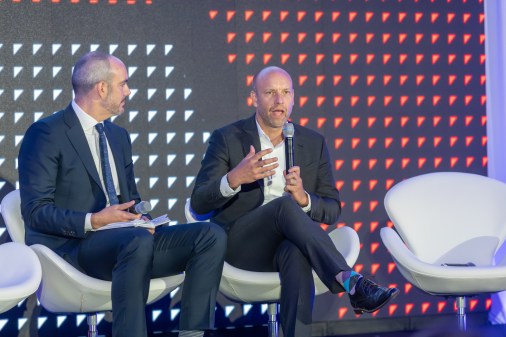GSA challenges developers to speed up end-user license agreement reviews

The General Services Administration wants to shorten the time it takes to review end-user license agreements (EULAs) through an artificial intelligence and machine learning challenge begun Monday.
GSA is offering $2,500 cash prizes to three teams that develop the best AI or ML solution to review EULAs for terms and conditions that might be unacceptable to the government. One of those teams will be selected for an additional $12,500 cash prize.
GSA contracting officers typically take one to two weeks to review EULAs, which detail how software or services may legally be used, and ensure terms and conditions are amenable to government.
The manual process is mandatory prior to awarding or modifying contracts. But AI or ML solutions could be used to automate document review and flag problematic language in need of removal.
“AI and ML leveraged successfully are force multipliers, transitioning historically resource-intensive activities into high-speed, low-drag transactions,” Sean Zerges, director of the Office of the Chief Technology Officer at GSA, said in the announcement. “Huge thank you in advance for your participation and contributions.”
GSA supplied training data, reference documents and a sample validation file to help entrants develop their solutions, which must individually classify clauses as acceptable or unacceptable and provide the probability of each classification. Solutions must be able to accept EULA documents in Microsoft Word and PDF formats.
Judges will independently score each solution on a scale of 1-5 in four areas: technical evaluation; functionality and user interface; creativity and innovation; and quality of demonstration. A bonus will be awarded to solutions demonstrating exceptional functionality in being retrained based on reviews and in explaining classifications.
Federal funds may not be used in the development of solutions, and entrants will retain ownership. But GSA will receive an irrevocable, paid, royalty-free license to use and reproduce the three winners’ solutions.
Individuals or teams of no more than 10 people outside of government have until Aug. 20 to submit their solutions.





